Monday, 22 April 2024
Menu
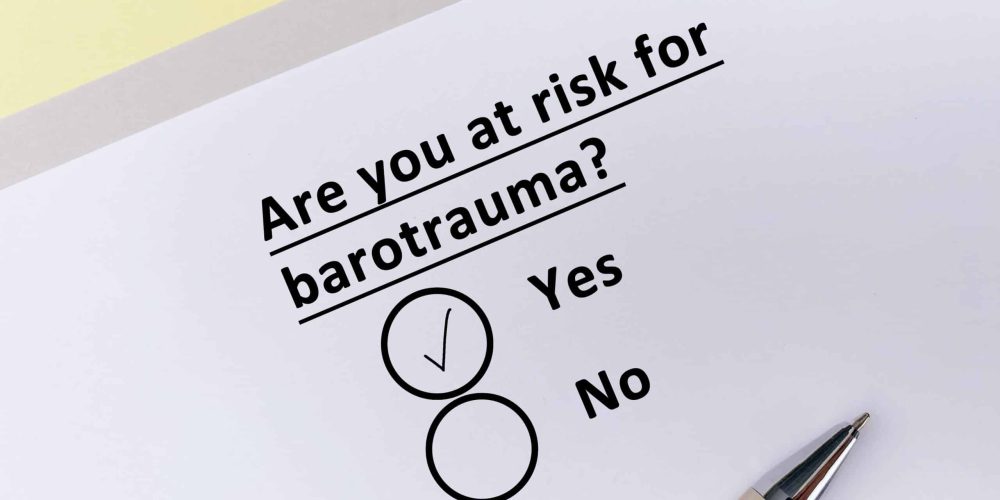
Most divers and frequent fliers have experienced the sensation of their ears popping during changes in pressure. This popping is the body’s natural response to adapt to sudden pressure changes, like those encountered when diving underwater or ascending/descending in an airplane. Our bodies strive to maintain internal equilibrium, including pressure balance, which is crucial for proper functioning.
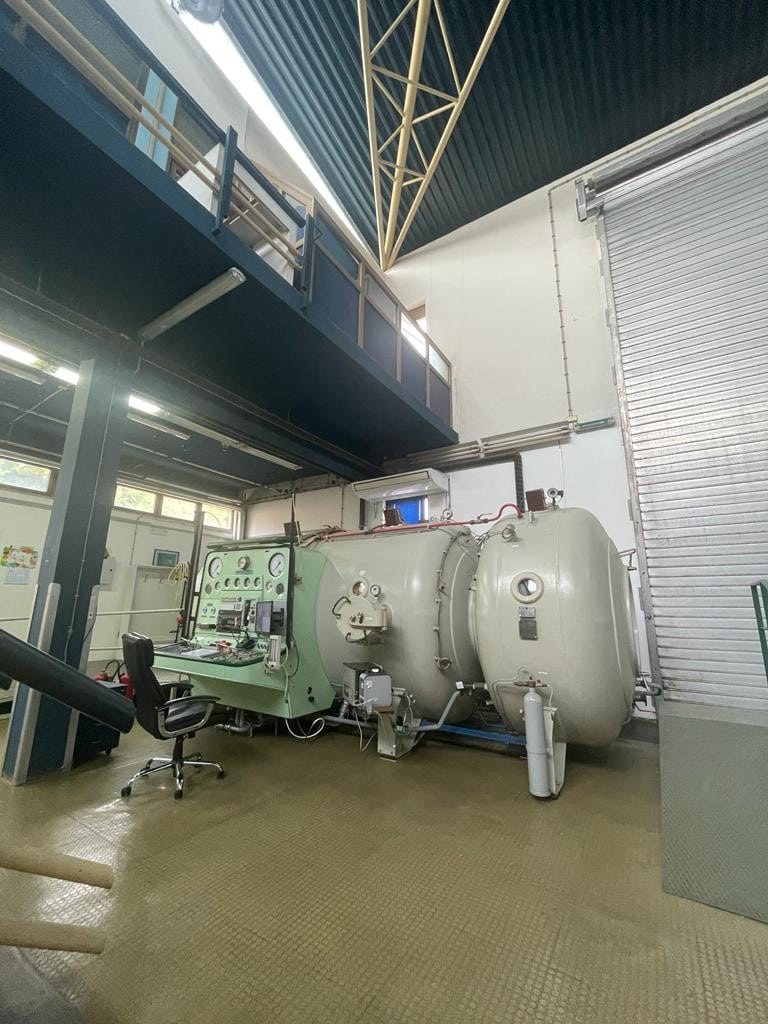
However, in some cases, the ears may struggle to equalize pressure effectively, leading to a condition known as barotrauma. Barotrauma occurs when the pressure inside the ear cannot adjust to match the pressure outside. While barotrauma can affect various parts of the body, it’s commonly associated with the ears during activities like diving. Severe barotrauma can result in conditions such as eardrum rupture or damage to the inner ear structures. While these injuries can cause discomfort and temporary hearing impairment, permanent deafness is rare and typically only occurs in extreme cases of untreated and severe barotrauma.
Barotrauma presents challenges in diagnosis, particularly when sudden hearing impairment occurs due to diving alongside sinus blockages or colds. Diagnosis typically involves a series of comprehensive tests conducted by ear, nose, and throat (ENT) specialists and hyperbaric doctors. These examinations aim to assess the extent of any potential damage and determine appropriate treatment measures.
The diagnostic process begins with a thorough examination of the ear canal and eardrum by the ENT specialist. This visual inspection helps identify any visible signs of damage or abnormalities. Subsequently, a series of hearing tests are performed to assess the patient’s auditory function.
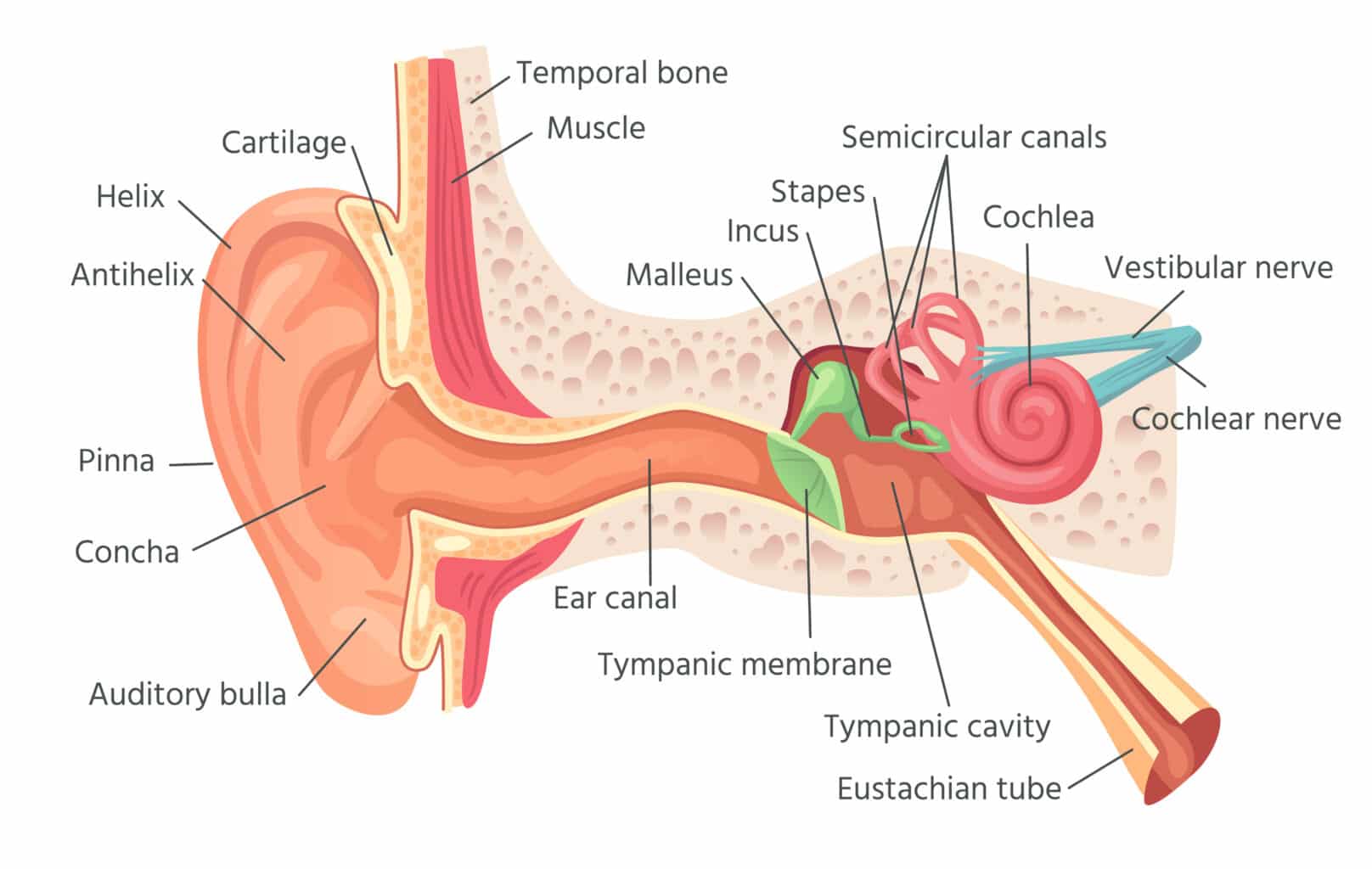
One common test involves the use of a tuning fork to evaluate hearing levels and determine any hearing loss. Additionally, some specialists employ a unique method where they create faint sounds near the patient’s ears to gauge their ability to perceive auditory stimuli.
Following the initial ENT assessments, a comprehensive hearing examination is conducted in a controlled environment. The patient is placed inside a soundproofed booth, equipped with specialized equipment designed to emit various frequencies of sound. The patient wears a headset connected to the testing device, allowing for precise evaluation of auditory responses.
During this examination, known as a conductivity test, the nurse administers sound stimuli at different frequencies to assess the patient’s hearing thresholds and identify any areas of auditory impairment. The results of these tests provide valuable insights into the extent and nature of the hearing loss, guiding the development of an appropriate treatment plan.
By employing a combination of ENT evaluations and sophisticated hearing tests, healthcare professionals can accurately diagnose barotrauma-related hearing impairments and tailor interventions to address individual patient needs.
The primary indicator of ear injury, particularly in the context of diving, is the difficulty experienced when attempting to equalize pressure underwater during descent and ascent. This sensation is often described as a feeling of pressure or crusty sounds in the ear, occurring as individuals try to equalize the pressure between the middle ear and the surrounding environment. While some individuals may also experience dizziness and nausea as a result of ear injury, it’s important to note that these symptoms can vary from person to person and may not be universal.
Following a dive, patients may notice random noises in the ear, signaling the onset of potential hearing impairment. This progression was eloquently explained by Dr. Luba Matiti, the hyperbaric doctor in Gozo, Malta, whose expertise sheds light on the gradual development of symptoms associated with ear injuries sustained during diving activities.
Some of the extra sounds may be deliberately created by the brain trying to amplify the reduced signal coming from the right ear. It is like trying to increase the volume on a radio when it is not perfectly tuned. That tends to diminish and go away as hearing is restored, but it can sometimes have its own agenda.– Dr Luba Matiti
Ideally, if one is dubious about their sensation, it is always wise to get a checkup at the nearest available hyperbaric doctor or hospital as it worsens when days pass and it is left without treatment.
The treatment process for ear injuries sustained during diving can vary in logistics from one country to another, but the underlying principles remain consistent. The primary treatment protocol typically involves a combination of medication and hyperbaric oxygen therapy.
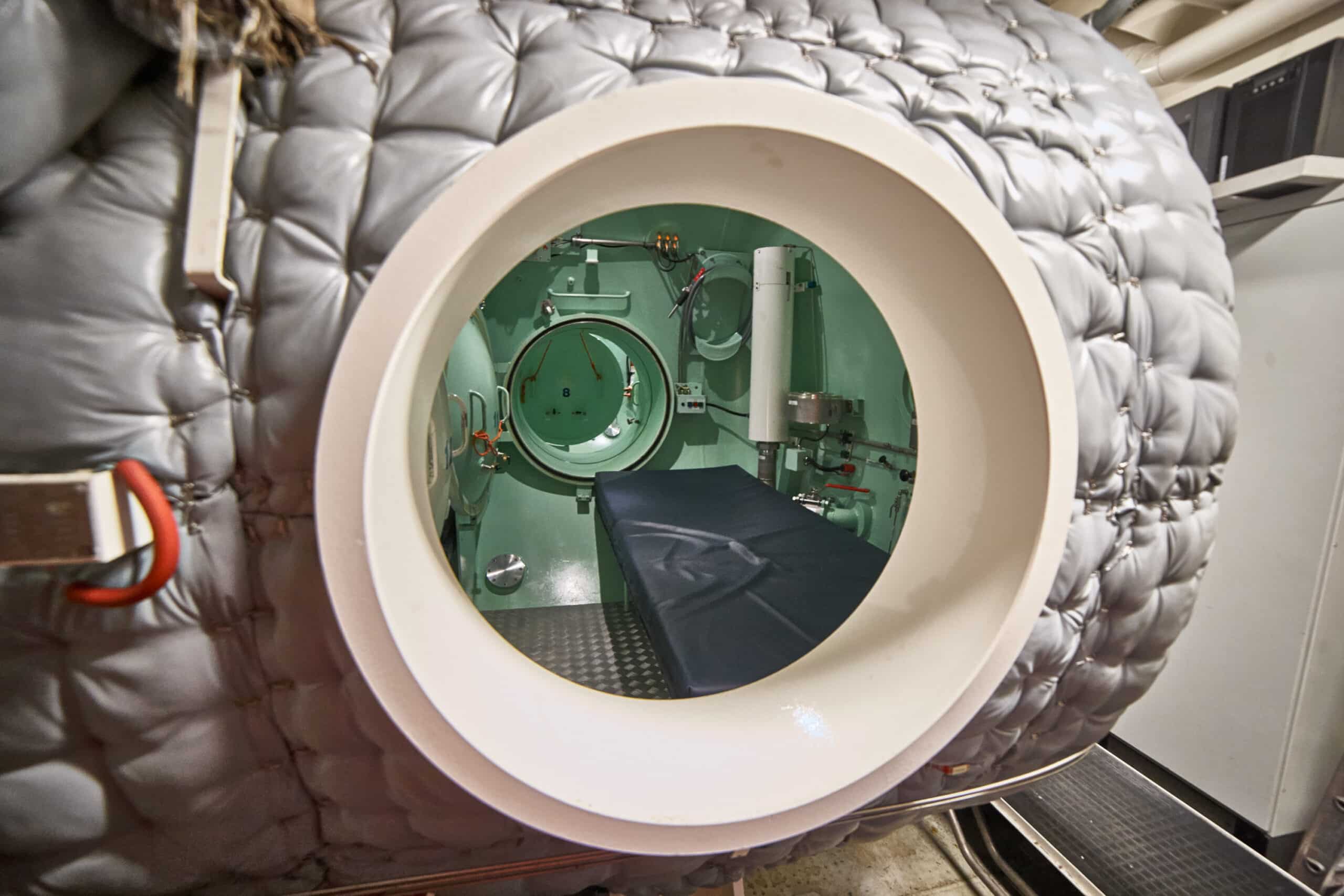
One common medication for ear injuries is prednisone, a steroidal tablet aimed at reducing inflammation and promoting healing. Additionally, patients often undergo hyperbaric oxygen therapy, which involves breathing pure oxygen in a pressurized chamber to enhance tissue oxygenation and accelerate healing.
Logistical details of hyperbaric treatment can differ between countries and medical facilities. For instance, in the military hospital of Split, Croatia, patients may undergo a 20-day regimen of hyperbaric oxygen therapy at 220 kilopascals (kPa) for one hour per session. Conversely, in Malta, the treatment duration may be shorter, with a 10-day course of hyperbaric therapy at 240 kPa for two hours per session.
In summary, beyond medical interventions like prednisone and hyperbaric oxygen therapy, a crucial aspect of treating ear injuries, especially those incurred during diving, involves allowing the body to rest. It is advised to avoid activities that may exert additional pressure on the ears, such as heavy lifting or straining. This period of rest is essential for the overall healing process, providing the injured ear with the necessary conditions to recover.
While the treatment regimen may seem tedious, adherence to the prescribed plan is paramount. Neglecting proper medical care could lead to permanent damage, including irreversible hearing loss or other long-term complications. Therefore, individuals must prioritize and follow through with the recommended treatment plan, regardless of duration or intensity. By doing so, they significantly enhance the chances of optimal recovery and the preservation of auditory function.


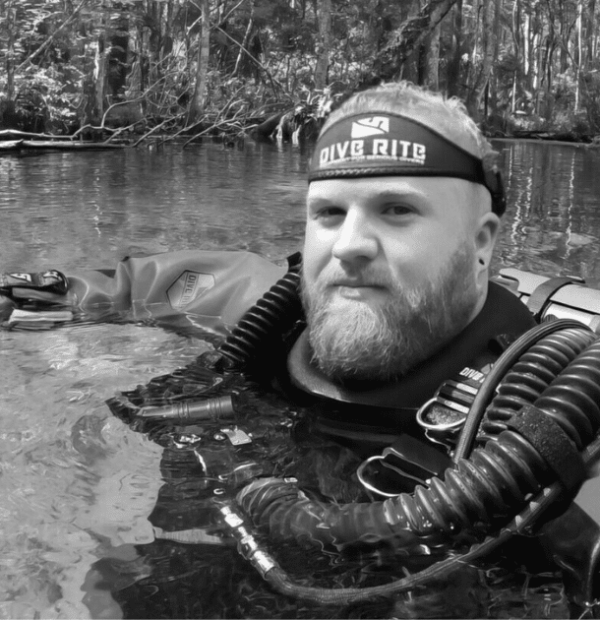

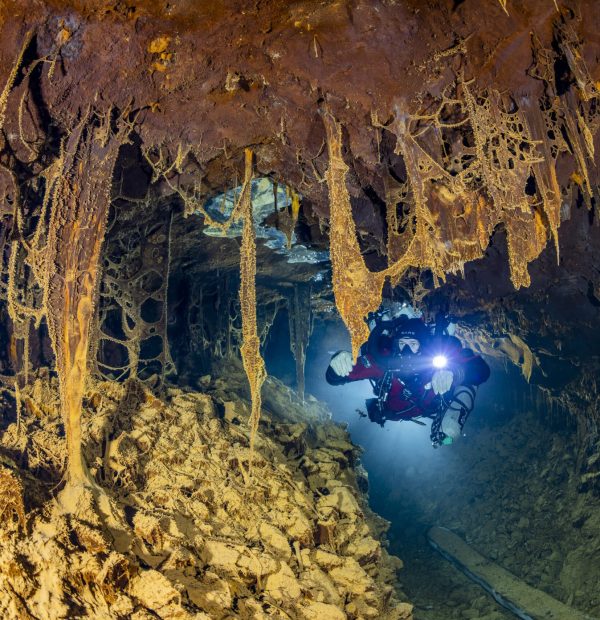
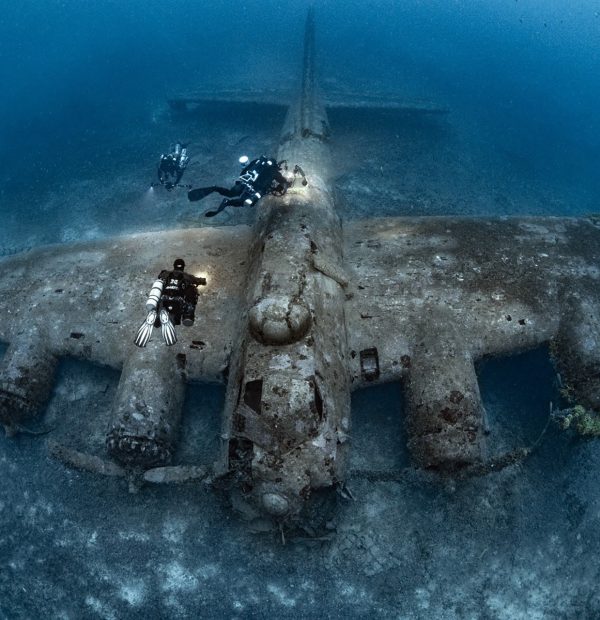
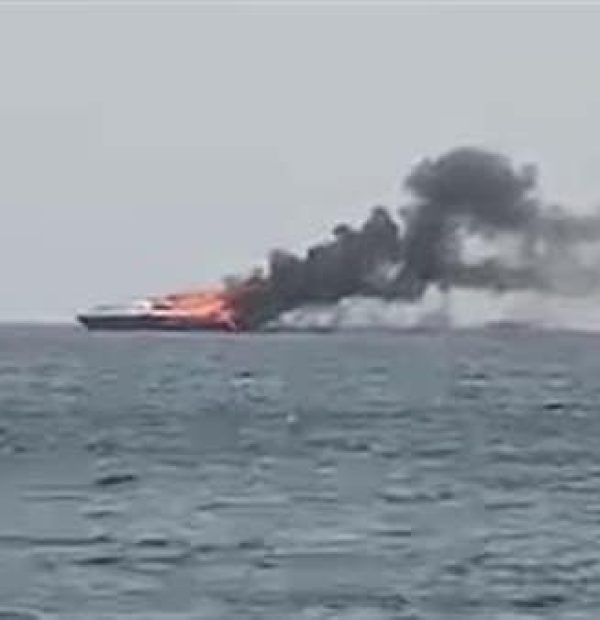
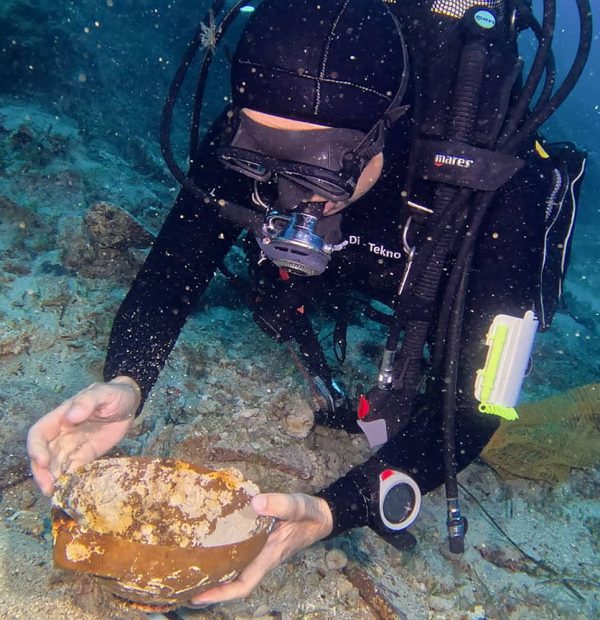
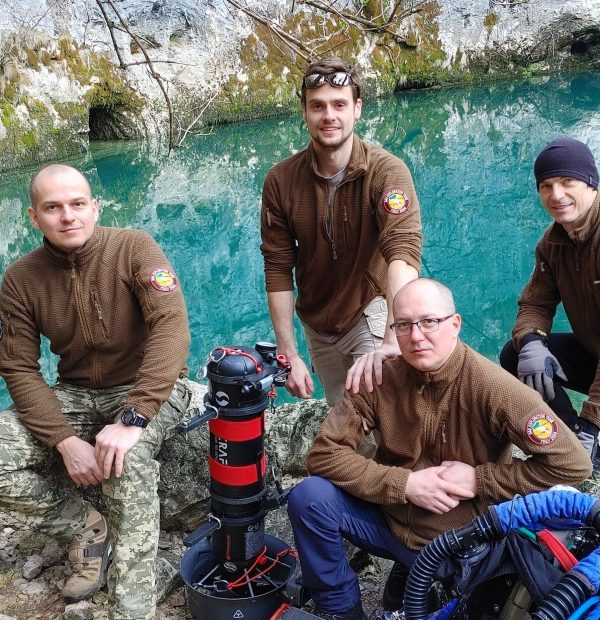

Welcome to DIVERS24.COM, your daily source of scuba news, freediving, scuba diving information, and equipment reviews. Our comprehensive coverage of the dive industry from A to Z provides you with all the latest scuba news, training updates, underwater photography tips, and everything else related to scuba diving. Whether you’re a beginner or an experienced diver looking for more knowledge about scuba gear or techniques – we’ve got it covered! With our in-depth articles written by experienced divers who have been there and done that, you are sure to find exactly what you need here at Divers24.com. Dive into scuba news today!
Underwater Media Sp. z o.o.
Szafarnia 11/F8,
80-755 Gdansk, Poland
Welcome to DIVERS24.COM, your daily source of scuba news, freediving, and scuba diving information. Sign in for a weekly news update and discount coupons for dive gear and apparel.
@2023 - underwatermedia.pl. All Right Reserved. Designed and Developed by Tworzenie stron internetowych Gdansk

The Divers24 portal is currently the largest online medium treating diving in Poland. Since 2010 we have been providing interesting and important information from Poland and around the world on all forms of diving and related activities.
Contact us: info@divers24.com